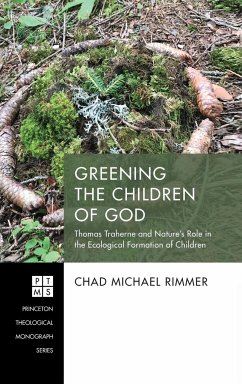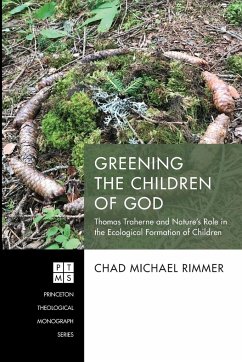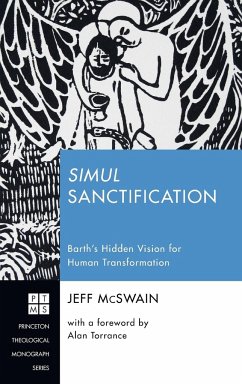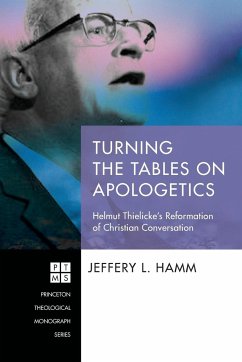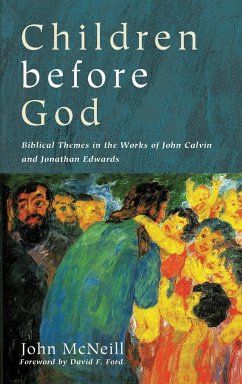Greening the Children of God uncovers the theological roots of the growing ethical imperative to reconnect children to their natural environment. Theologians emphasize the sacramental nature of embedding our lives in creation. Environmental educators emphasize knowledge of local biology. Psychologists emphasize the morally pro-formative experience of care between biodiverse creatures. Together they affirm that knowing their place in the natural environment helps a child develop an intersubjective "ecological" identity that nurtures virtues of mutuality and care. During the Scientific Revolution this ethical harmony was threatened as science and moral theology began to adopt different epistemological methods. Seventeenth-century Anglican priest and poet Thomas Traherne was prescient of the consequences of this divorce and insisted that education should promote a child's attention to the moral dimensions woven into "the tapestry of creation." Traherne professed that play, wonder, and a sensory relationship to diverse creatures play a pedagogical role in a child's moral formation. Greening the Children of God establishes the contemporary significance of Traherne's moral theory in conversation with child psychologists, educators, philosophers, and theologians who know that cultivating a place-based relationship to the local ecology helps children perceive creation's deep mutuality and develop a moral identity in the image of a caring Creator.
Hinweis: Dieser Artikel kann nur an eine deutsche Lieferadresse ausgeliefert werden.
Hinweis: Dieser Artikel kann nur an eine deutsche Lieferadresse ausgeliefert werden.

